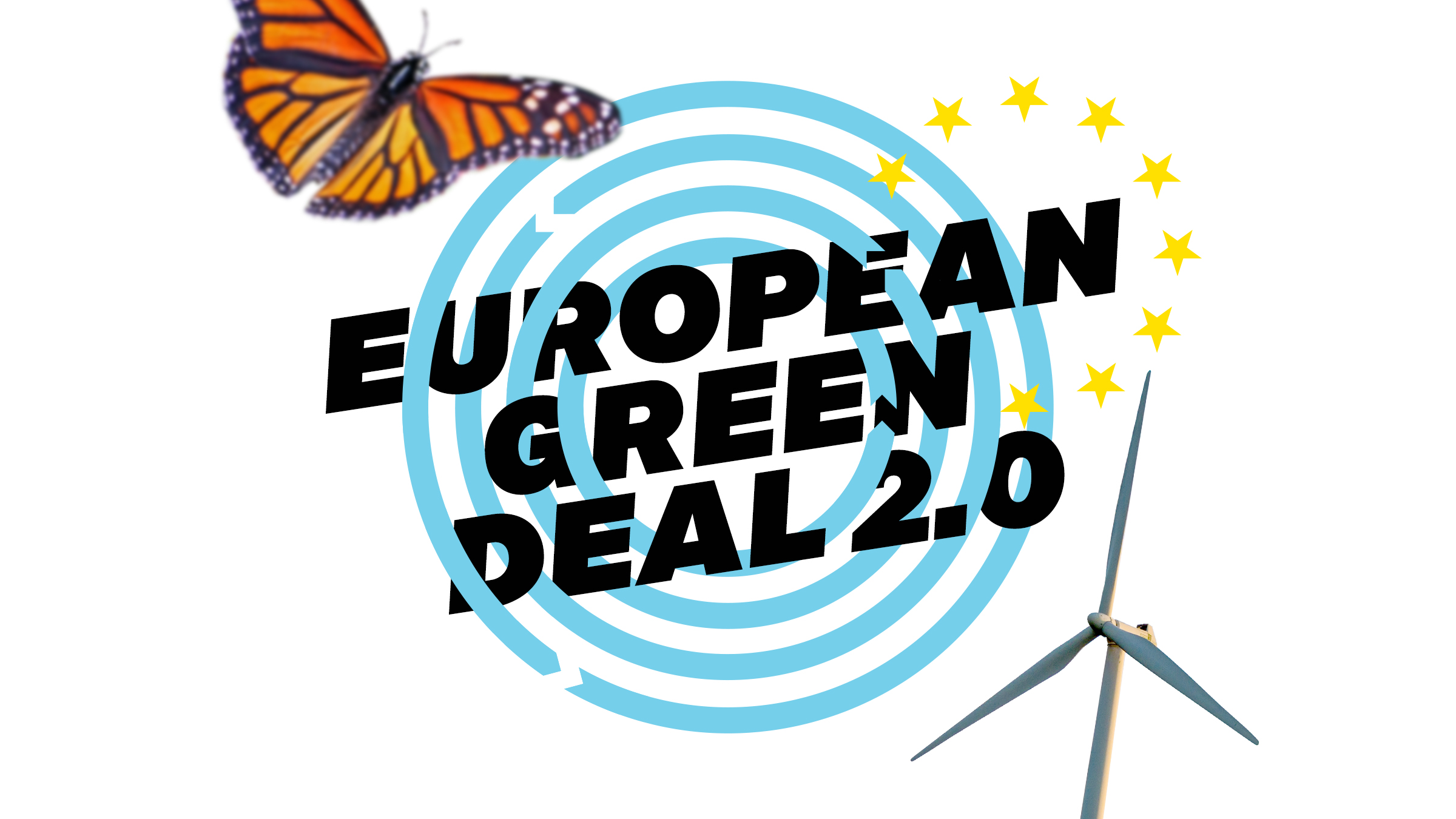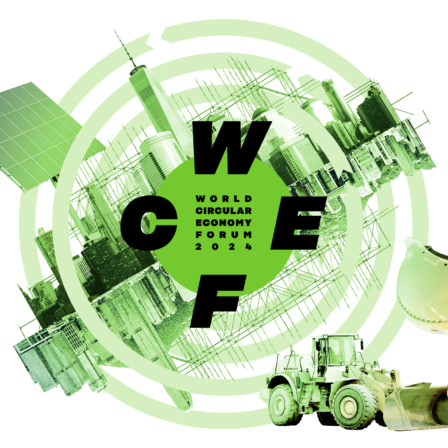The European Union should make the most of the single market and the common agricultural policy (CAP) to reduce the pressure on nature while creating new market opportunities and promoting innovation.
A new memorandum from the Finnish Innovation Fund Sitra – “Putting nature at the heart of the European Green Deal: building blocks for the next European Commission” – urges the next Commission, due to take office in late 2024, to continue and update the European Green Deal in order to tackle the climate crisis and halt biodiversity loss.
“The European Green Deal has been crucial for accelerating Europe’s green transition amid a worsening ecological crisis,” says Jyrki Katainen, President of the Finnish Innovation Fund Sitra and former Vice-President of the European Commission. “The next European Commission should adopt an ambitious agenda to make Europe a pioneer in harnessing innovation and markets to preserve biodiversity . What we need is a European Green Deal 2.0.”
In practice, the next Commission should adopt a “Green Deal 2.0” that puts the value of nature at the heart of decision-making of governments, businesses and consumers. This could be achieved by making the value of nature visible and by mainstreaming nature into key policies.
Sitra suggests that the EU should increase its ambitions for natural capital accounting through the comprehensive and speedy adoption of the complete international framework of ecosystem accounting. This would allow monetary accounts to show the financial value of ecosystems and the ecosystem services they provide to the economies of the member states.
The EU and its member states and their local authorities should also ensure there is no net loss of ecosystems or ecosystem services through biodiversity offsets.
As land use is the biggest driver of biodiversity loss, the next reform of the EU’s CAP should aim to gradually move away from area-based and animal-based support payments to results-based payments, which reward the strengthening and maintenance of ecosystem services.
Sitra also encourages the Commission to take into account the biodiversity footprint of Europeans beyond the borders of Europe. The EU and its member states should assess a broad range of policy measures to reduce European consumption of those key commodities that cause the greatest biodiversity impact.
Create a circular single market to build resilience and accelerate the green transition
Sitra also strongly recommends strengthening the transition to a circular economy in the EU’s single market. Market regulation within the single market could be used more efficiently to drive the demand for materials, products and services based on circular principles.
“The EU single market has delivered many benefits for European citizens and member state economies for 30 years. To make sure it continues to generate innovation and jobs, we need to make sure we make the most of the resources we have. The circular economy is also key to reducing the EU’s dependence on imported raw materials and thereby increasing the resilience of our economy,” says Jyrki Katainen.
The memorandum will be published on the eve of the World Circular Economy Forum 2023, a leading global circular economy event organised by Sitra and Nordic Innovation in Helsinki. The event gathers forward-looking doers and thinkers and exhibits the trailblazers helping governments, industries, businesses and households become circular.
“We call on all stakeholders in Brussels and in all member states to share their suggestions on the future European Green Deal,” says Jyrki Katainen.
Read more:
Sitra memorandum: Putting nature at the heart of the European Green Deal – Building blocks for the next European Commission



















Recommended
Have some more.